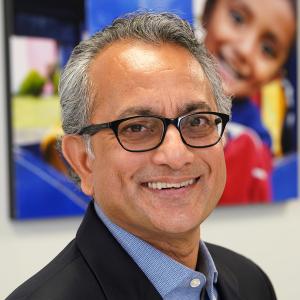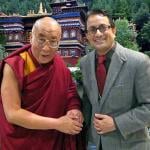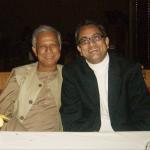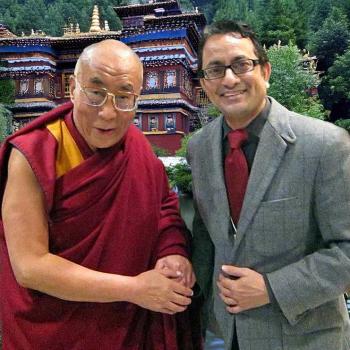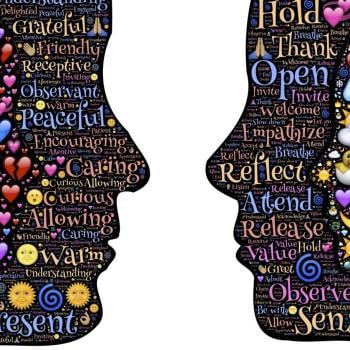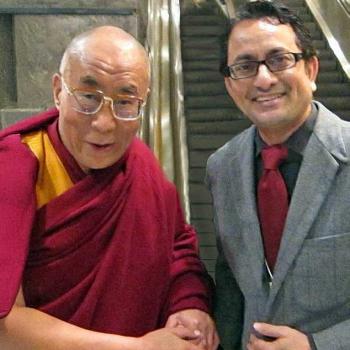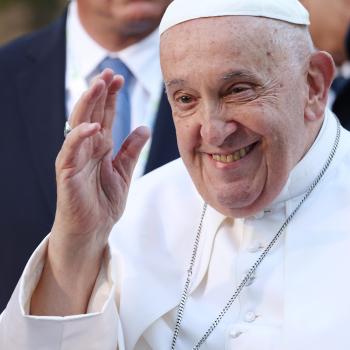I am a proud and angry Indian American. Proud of the many cultural, political, and social achievements of both India and the US. Angry because they are in jeopardy. There are deep divisions in both America and India. We have an obligation to work together to overcome them.
It Is Our Time To Act.
Deep Divisions
Polarization is increasing rapidly. At times, it feels that hatred is rewarded. Fanatics are driven only by a desire to destroy the other side. Identity politics has taken the place of openness to compromise and coalitions.
Politicians are not helping as many of them manipulate issues related to race, religion, and immigration when it benefits their party and use minorities as a vote bank rather than treating them as genuine constituencies. The spread of social media and changes in the media landscape have also fanned the flames of polarization.
Several studies conducted by the Pew Research Center over the past few years indicated increasingly stark disagreement between Democrats and Republicans on the economy, racial justice, climate change, law enforcement, international engagement, and a long list of other issues.
According to Pew Research, candidates to both major parties say that if the other wins, it would result in lasting harm to the country.
The fact remains that one party will govern America for the next four years, and we, as responsible citizens of all political affiliations, don’t want any lasting harm to our nation!
In many parts of India, the country of my birth, communities that had co-existed in harmony have descended into violent sectarian fighting.
Even among some of my close friends in the U.S. and India, there are deep divisions, as many get their information from specific sources that only amplify what they already believe. Divisions tend to be based in one or more of three powerful types of societal fissures: ethnic, religious, or ideological.
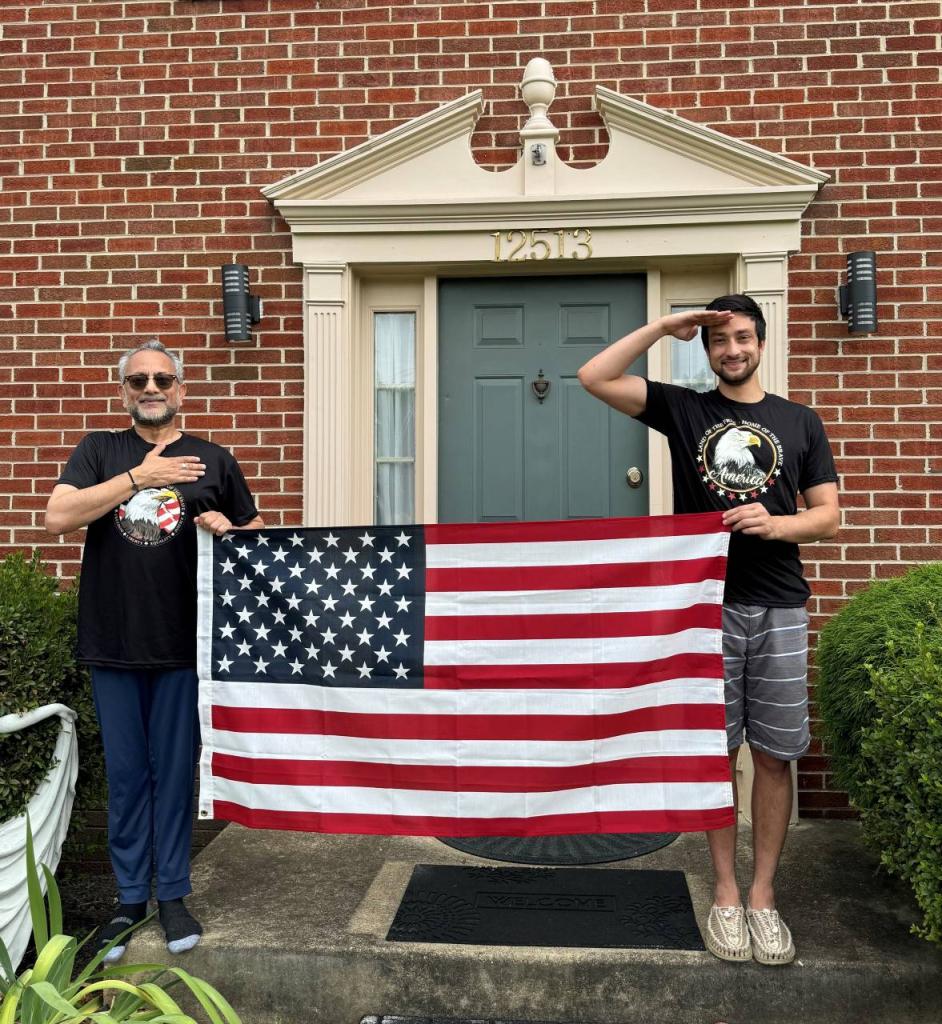
The America I Know and Love
As a first-generation immigrant and a naturalized U.S. citizen, I am deeply grateful for this incredible nation’s opportunities and welcoming spirit. On July 4th of this year, as my son and I proudly held the American flag, I was reminded of the tens of thousands of compassionate, creative, and brave individuals who embody the true spirit of America.
These everyday Samaritans, with their kindness and understanding, shape the character of our country and reinforce the values that make America strong. In times of increasing political division, distrust, and global unrest, these values are more important than ever for our economic progress and national security.
We need to celebrate the resilience and generosity that define us as a nation.
The U.S. has a rich history, unparalleled cultural diversity, and many achievements that make all of us proud, despite the many mistakes our leaders have made in domestic and foreign policy. Our democratic ideals, freedom of the press, speech and assembly, free and fair elections, economic prosperity, advancements in science and technology, and vibrant cultural life have all exerted and continue to exert a significant global influence, as I have seen during my many overseas travels.
The U.S. is home to many of the world’s top universities and research institutions and a wide range of natural landscapes appreciated the world over. We have one of the world’s most powerful and technologically advanced military forces, enabling us to play a key role in global security and peacekeeping efforts.
The American spirit of innovation and entrepreneurship, evident already in Colonial times, is reflected today in the numerous startups and technological advancements from Silicon Valley and other tech hubs.
Last but not least, Americans are known for their generosity and commitment to philanthropy. Many individuals and organizations actively participate in charitable activities and community service. The list goes on. These are the cornerstones of American identity.
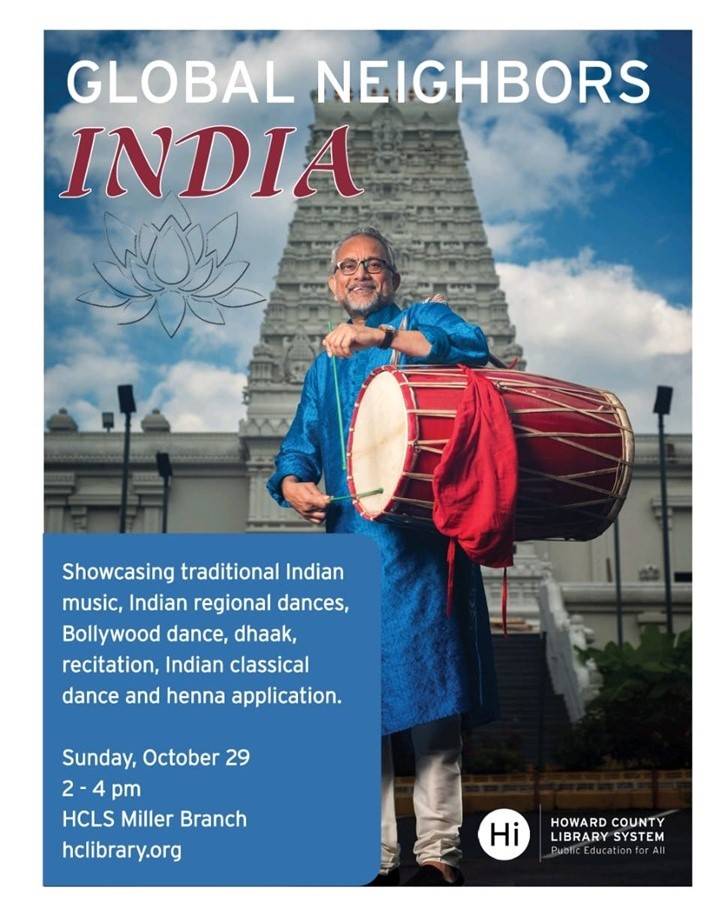
The India I Know and Love
I am proud of my Indian heritage, our culture, and what India has to offer to the world. India is a country of diverse culture and heritage with 22 official languages and over 19,500 dialects. Not only do most of the world’s Hindus, Jains, and Sikhs live in India, but it also is home to one of the world’s largest Muslim populations and to millions of Christians and Buddhists, along with followers of many other religions.
A major new Pew Research Center survey of religion across India, based on nearly 30,000 face-to-face interviews of adults conducted in 17 languages between late 2019 and early 2020, found that Indians from all these religious backgrounds overwhelmingly say they are free to practice their faiths.
India has so much to offer to its citizens and to the rest of the world. It is the world’s largest democracy and is one of the fastest-growing major economies in the world. The Indian Space Research Organisation (ISRO) has made significant strides in space technology. India is the birthplace of major world religions, including Hinduism, Buddhism, Jainism, and Sikhism.
Its spiritual teachings and practices, such as yoga and meditation, have gained global popularity. Despite its vast diversity, India has maintained unity and resilience in the face of various challenges, including colonial rule, partition, and socio-economic issues.
The spirit of “Unity in Diversity” is a fundamental aspect of Indian identity. India’s contributions to arts, music, dance, and literature are globally recognized. Indian literature, both ancient texts like the Vedas and modern works by authors like Rabindranath Tagore and Arundhati Roy, has a rich legacy.
India has made significant strides in sports, with achievements in cricket, hockey, badminton, wrestling, and athletics. Indian cuisine, with its wide array of flavors, spices, and regional dishes, is cherished worldwide. Each state offers a unique culinary experience, reflecting its culture and heritage. These are among many aspects of what constitutes national pride among Indian citizens, celebrating the country’s achievements, heritage, and contributions to the world.
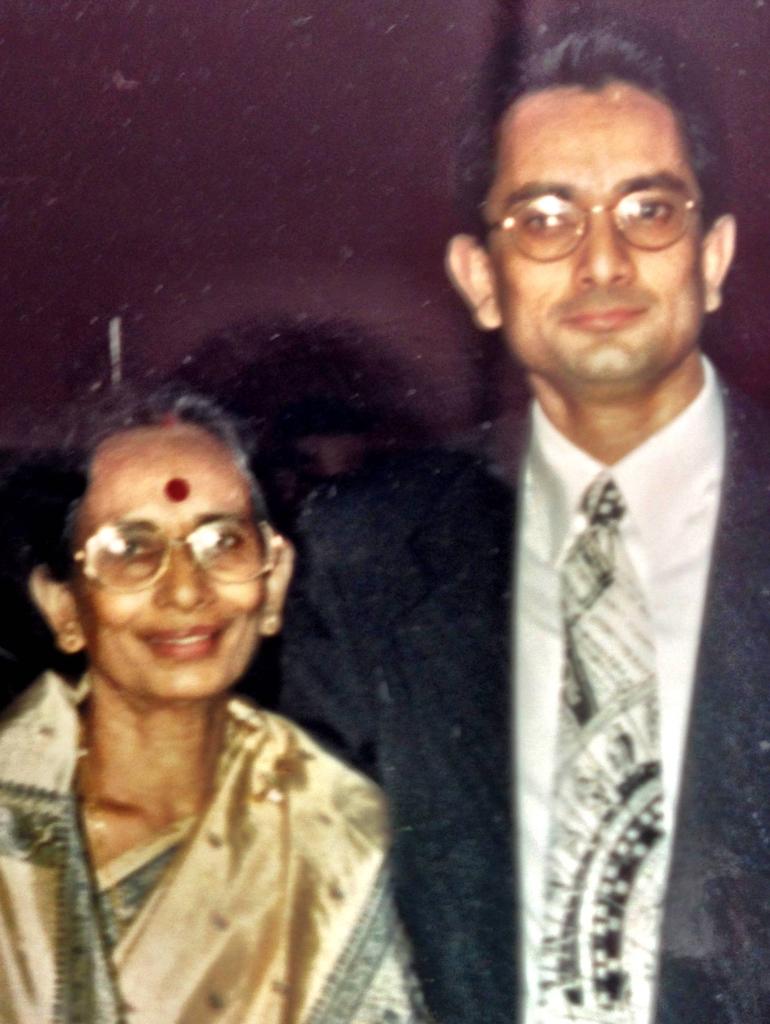
How Can We Prevent Lasting Harm to Our Nation?
Despite so much holding these two peoples together, their sense of common purpose is being eroded by voices of political division. Yet people in both countries–and worldwide–are yearning for a very different style of politics, a style that builds bridges, expands community and sows hope for a peaceful future. While that change may not happen overnight, we need it to begin very soon.
So, how can we prevent lasting harm to our nation?
I feel a personal responsibility to act. At a critical point in my life, my mother helped me to turn my anger and shame into a moment of obligation that fundamentally reoriented my life. That moment became my North Star. I think the time is now for us as nations to turn our collective anger into our collective moment of obligation. This obligation is not only to the world but also to ourselves.
It was 1976. The government of Indira Gandhi was arresting leaders of the political opposition. My father, a leader of CPIM and labor organizer, was jailed.
There were big issues involved, but I was 14 years old, and for me the most traumatic aspect was learning that we had to go to my middle school and appeal for a waiver because we could no longer afford the tuition. It was embarrassing, and I was angry—at my parents. I was afraid that my friends in school would find out about our disadvantaged financial situation.
Then my mother told me that my father, as a champion of the vulnerable population, gave voice to those who could not be heard, and I had no reason to feel ashamed. With a simple phrase, my mother transformed a moment of humiliation and resentment into a moment of pride and obligation.
A few years after that conversation, I started a grassroots organization — Calcutta Youth Club — to work with the children and youth in my community. It was the beginning of my dedication to social justice.
The Time to Act is Now – Our Moment of Obligation
- Address misinformation by learning to distinguish facts from fiction. Avoid echo chambers.
- Encourage respectful dialogue with people holding different views.
- Listen more and seek to understand other perspectives
- Build relationships with someone from a different background
- Volunteer. Collaborate. Engage in community efforts that aim to bridge divides.
- Focus on physical health and mental health. Recognize the impact of polarization on mental health.
- Vote. Exercise your right to vote and participate in local and national elections. Support candidates and policies that promote unity and address systemic issues.
- Lead by example for your children and the next generation
Note from the Author – Thank you for reading my first column at Patheos. In my next column, I will share stories from my visit to various religious institutions in India with my son (a member of the next generation), followed by my article on how we navigate truth in an age of misinformation


